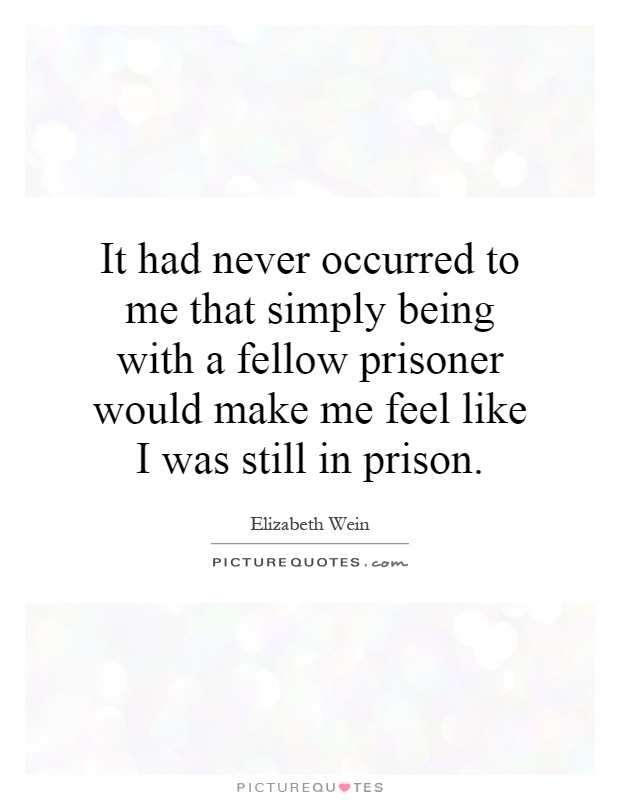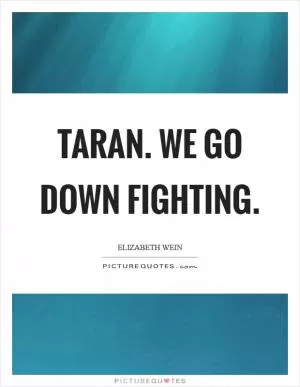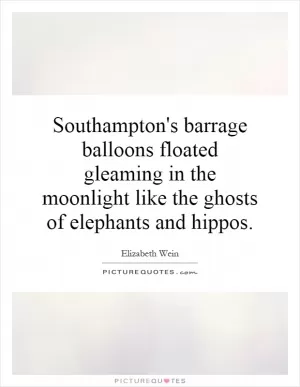It had never occurred to me that simply being with a fellow prisoner would make me feel like I was still in prison

It had never occurred to me that simply being with a fellow prisoner would make me feel like I was still in prison
In Elizabeth Wein's novel "Code Name Verity," the protagonist, a young British spy named Verity, finds herself captured and imprisoned by the Gestapo during World War II. Throughout her time in captivity, she forms a unique bond with her fellow prisoner, Maddie, a pilot who is also working for the British intelligence services. Despite their shared experiences and the camaraderie they develop, Verity is struck by the realization that even in the company of another prisoner, she still feels trapped and confined.The quote, "It had never occurred to me that simply being with a fellow prisoner would make me feel like I was still in prison," encapsulates the complex emotions and psychological toll of being held captive. While Verity and Maddie find solace and support in each other's presence, their shared confinement serves as a constant reminder of their lack of freedom and agency. The physical walls of their prison may be tangible, but the emotional and mental barriers they face are equally suffocating.
The bond between Verity and Maddie is a testament to the resilience and strength of the human spirit in the face of adversity. Despite their dire circumstances, they find moments of levity, courage, and hope in each other's company. However, the harsh reality of their captivity looms large, casting a shadow over even their most intimate moments together.
As Verity reflects on her feelings of still being imprisoned despite having a companion, it speaks to the profound impact of trauma and confinement on the human psyche. The psychological scars of captivity run deep, and even the presence of a trusted ally cannot fully erase the sense of confinement and helplessness that comes with being held against one's will.












 Friendship Quotes
Friendship Quotes Love Quotes
Love Quotes Life Quotes
Life Quotes Funny Quotes
Funny Quotes Motivational Quotes
Motivational Quotes Inspirational Quotes
Inspirational Quotes